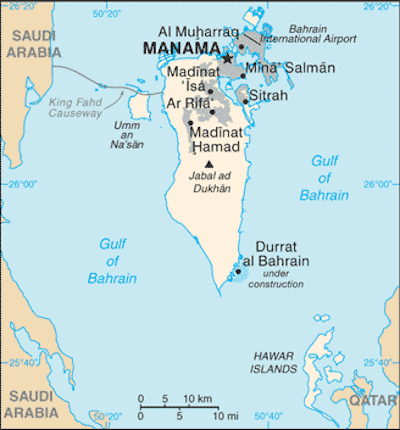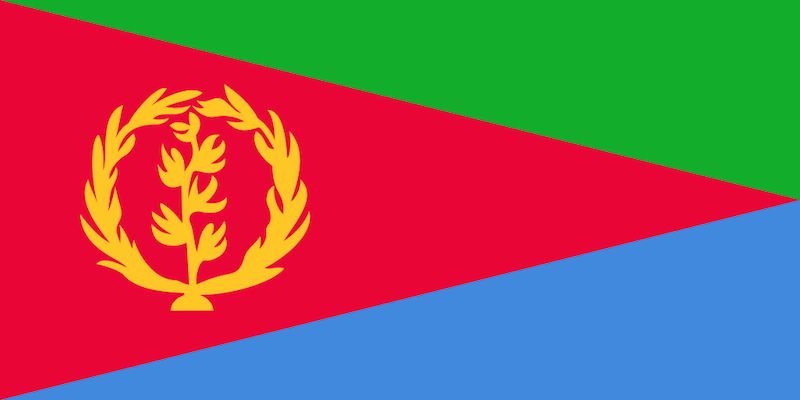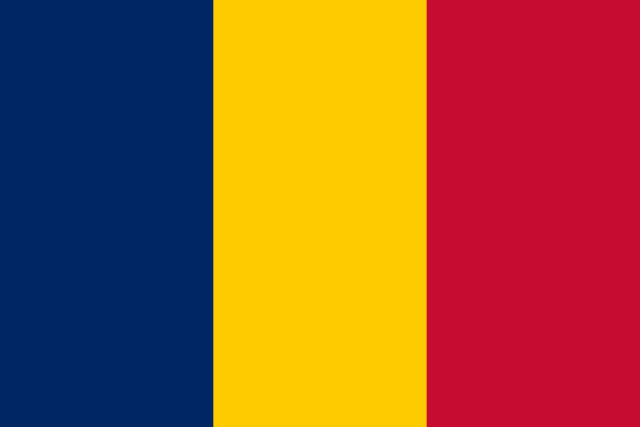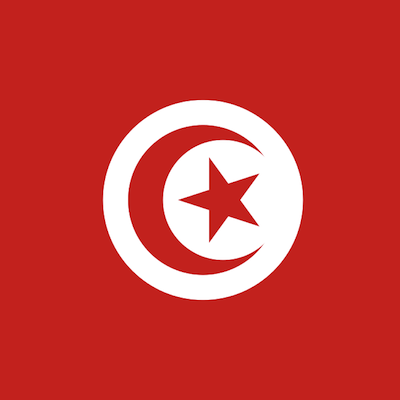Retired U.S. General Jack Keane, notorious paid hype-man for war, was doing international interviews overnight bragging about the participation of five Arab, “Sunni-based” air forces in US-led “coalition” airstrikes in Syria against the Arab, “Sunni-based” ISIS organization:
“We have five Arab Muslim Sunni-based nations attacking a Sunni-based terrorist organisation and that is … something we have not seen in the past. That is really quite an accomplishment.”
According to Reuters the five were:
A U.S. official, speaking on condition of anonymity, said that Saudi Arabia, the United Arab Emirates, Jordan and Bahrain were all involved, although their exact roles in the military action were unclear. Qatar played a supporting role in the airstrikes, the official said.
We’re all familiar with the record in Saudi Arabia and recent activities by Qatar and by the United Arab Emirates. But Bahrain stands out on that list as particularly problematic to be celebrating militarily, especially as an “Arab Muslim Sunni-based nation,” in the words of former General Keane.
For one thing, Bahrain actually has a repressive Sunni monarchy ruling over a Shia majority. During the Arab Spring in 2011, the government of that small Gulf state violently suppressed democratic protests in the capital, with the help of the armed forces of Saudi Arabia and the United Arab Emirates (both of which, as noted above, also participated in the airstrikes in Syria on Tuesday).
For another thing, maybe nobody was paying attention to what was going on literally just 4 days ago in Bahrain:
Activists in Bahrain said thousands of pro-democracy protesters took to the streets on Friday, rejecting a proposal made by the Gulf State’s monarchy on reforming the legislative, security and judicial sectors.
The rally was organised by the island’s opposition and came a day after Crown Prince Sheikh Salman bin Hamad al-Khalifa issued a statement detailing proposed reforms with the aim of accelerating “the resumption of dialogue” with opposition groups.
A national dialogue process has been stalled since January due to sharp differences of opinion over Bahrain’s three yearlong uprising and a failure to agree on a format and agenda for the talks.
[…]
Opposition leaders have criticised the crown prince for not consulting them on the initiative and said it does not go far enough to meet their demands – authorities have been previously accused of failing to follow through on promises of reform by activists and human rights groups.
Protesters on Friday rejected this offer en masse with banners showing their steadfastness in holding out for full democratic reform of the governance system.
Sounds like that “Arab Muslim Sunni-based” leadership is still not going over so well with the democratic activists who continue to mobilize, more than three years later, under threat of death.
Then again, those detail ares probably not what people like Keane care much about:
Left unsaid during his media appearances (and left unmentioned on his congressional witness disclosure form) are Keane’s other gigs: as special adviser to Academi, the contractor formerly known as Blackwater; as a board member to tank and aircraft manufacturer General Dynamics; a “venture partner” to SCP Partners, an investment firm that partners with defense contractors, including XVionics, an “operations management decision support system” company used in Air Force drone training; and as president of his own consulting firm, GSI LLC.
To portray Keane as simply a think tank leader and a former military official, as the media have done, obscures a fairly lucrative career in the contracting world. For the General Dynamics role alone, Keane has been paid a six-figure salary in cash and stock options since he joined the firm in 2004; last year, General Dynamics paid him $258,006.

Map of Bahrain (Credit: CIA World Factbook)
Bahrain, a small island nation in the Persian Gulf with a little over twice the area of the City of Las Vegas, is the permanent home of the U.S. Navy’s 5th Fleet and U.S. Naval Forces Central Command.







